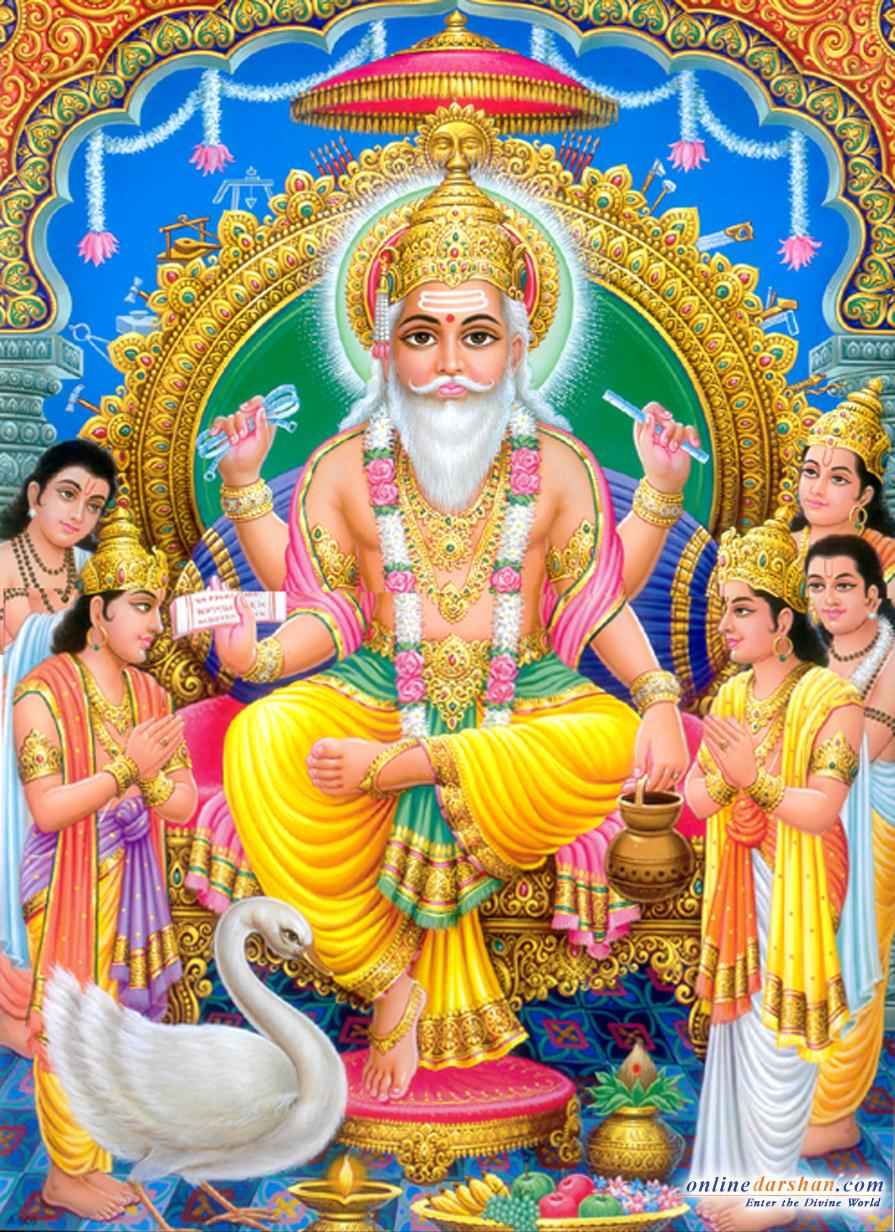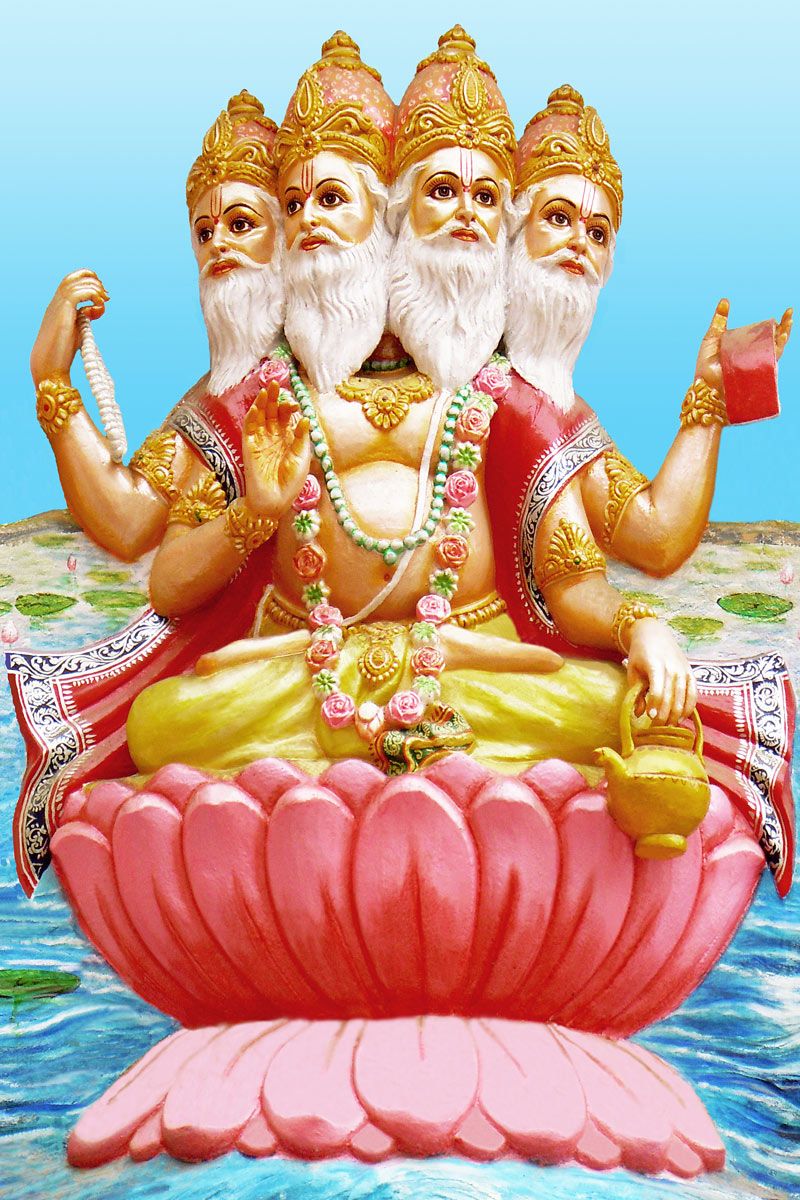Brahama holds a significant place in Hindu philosophy, representing the ultimate reality and the source of all creation. Often perceived as the cosmic spirit, Brahama is a concept that transcends individual deities and embodies the essence of existence itself. This article delves into the various dimensions of Brahama, exploring its meanings, connections to Hinduism, and its philosophical implications.
In the vast landscape of Hindu beliefs, Brahama stands out as a central figure that influences various aspects of life and spirituality. The understanding of Brahama not only shapes religious practices but also impacts cultural expressions, art, and literature. By examining the multidimensional nature of Brahama, one can gain deeper insights into the philosophical underpinnings of Hinduism.
As we journey through this exploration of Brahama, we will address common questions and clarify misconceptions surrounding this profound concept. From its origins to its relevance in modern spirituality, the following sections will provide a comprehensive understanding of Brahama and its significance in our lives.
What is the Philosophy Behind Brahama?
The philosophy of Brahama is rooted in ancient texts and teachings, primarily found in the Vedas and Upanishads. Brahama is often described as the eternal, unchanging reality that underpins all existence. It represents the ultimate truth, beyond the physical world and human comprehension. Here are some key philosophical aspects:
- Unity of Existence: Brahama signifies the interconnectedness of all beings. Everything emanates from Brahama and eventually returns to it.
- Non-duality: Brahama encompasses both the material and spiritual realms, blurring the lines between subject and object.
- Transcendence: Brahama exists beyond all attributes and forms, making it a paradoxical concept that is difficult to articulate.
Who is Brahama in Hindu Mythology?
In Hindu mythology, Brahama is often depicted as a deity, though it is essential to distinguish between the philosophical concept and the personification of Brahama. As a god, Brahama is considered the creator of the universe and one of the Trimurti, which includes Vishnu (the preserver) and Shiva (the destroyer). Each of these deities embodies different aspects of existence, with Brahama focusing on creation.
What Are the Key Attributes of Brahama?
Brahama is associated with various attributes that define its nature. Some of the key attributes include:
- Limitless: Brahama is not confined by time or space.
- Immanent: Brahama exists within all living beings and the universe.
- Formless: Brahama transcends physical forms, representing pure consciousness.
What is the Significance of Brahama in Daily Life?
The concept of Brahama influences various aspects of daily life for individuals who adhere to Hindu beliefs. Understanding Brahama can lead to greater self-awareness and a sense of connection with the universe. Here are some ways Brahama plays a role in daily life:
- Meditation: Focusing on Brahama during meditation can help individuals tap into their inner consciousness.
- Ethical Living: Recognizing the unity of all existence encourages compassion and ethical behavior towards others.
- Spiritual Growth: Pursuing knowledge about Brahama fosters personal and spiritual development.
How Does Brahama Relate to Other Hindu Deities?
Brahama's relationship with other deities is intricate and reflects the polytheistic nature of Hinduism. While Brahama is the creator, Vishnu maintains the universe, and Shiva eventually dissolves it. This cyclical process of creation, preservation, and destruction is fundamental to understanding the universe's rhythm.
Furthermore, many deities within Hinduism are considered manifestations of Brahama, representing different aspects of life, nature, and existence. This interconnectedness illustrates the idea that all spiritual paths ultimately lead to the realization of Brahama as the supreme reality.
What Are Some Common Misconceptions About Brahama?
Despite the rich philosophical background of Brahama, many misconceptions persist. Some of the most common misunderstandings include:
- Brahama as a Deity Alone: Many view Brahama only as the creator god, overlooking its philosophical essence.
- Anthropomorphism: Some interpret Brahama in human-like terms, missing its formless nature.
- Exclusivity: The belief that Brahama is exclusive to Hinduism, while it resonates with broader philosophical ideas found in other spiritual traditions.
How Can One Experience Brahama in Their Life?
Experiencing Brahama requires a conscious effort to connect with the essence of existence. Here are some practices that can help individuals cultivate a deeper relationship with Brahama:
- Meditation and Mindfulness: Regular meditation practices focused on the nature of Brahama can lead to profound experiences of unity and peace.
- Study of Sacred Texts: Exploring the Vedas and Upanishads can provide insights into the nature of Brahama.
- Nature Connection: Spending time in nature can foster a direct experience of the unity that Brahama embodies.
Conclusion: The Timeless Relevance of Brahama
Brahama serves as a timeless reminder of the interconnectedness of all life and the ultimate truth that transcends human understanding. By embracing the concept of Brahama, individuals can embark on a journey of self-discovery, spirituality, and ethical living. In a world filled with distractions and divisions, the essence of Brahama invites us to return to the fundamental unity that binds us all.
| Category | Details |
|---|---|
| Name | Brahama |
| Role | Creator Deity, Cosmic Principle |
| Affiliation | Hinduism |
| Philosophical Concept | Ultimate Reality, Unity of Existence |
Exploring The Fascinating World Of Vegamovies Anime Movies
Discover The Convenience Of Vegamovies Hindi Dubbed Download
Exploring The World Of Vegamovies.com 2024: A Comprehensive Guide


